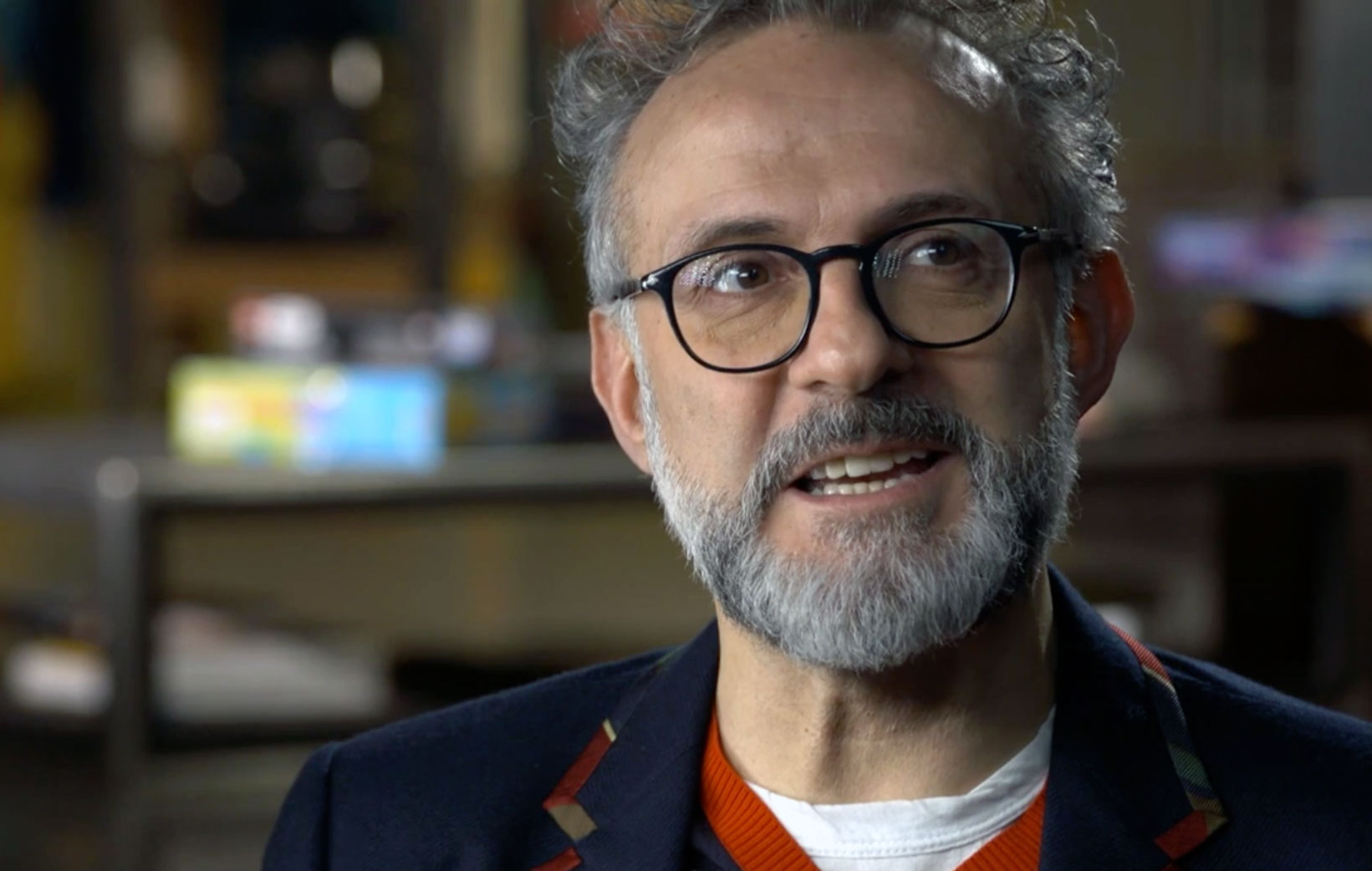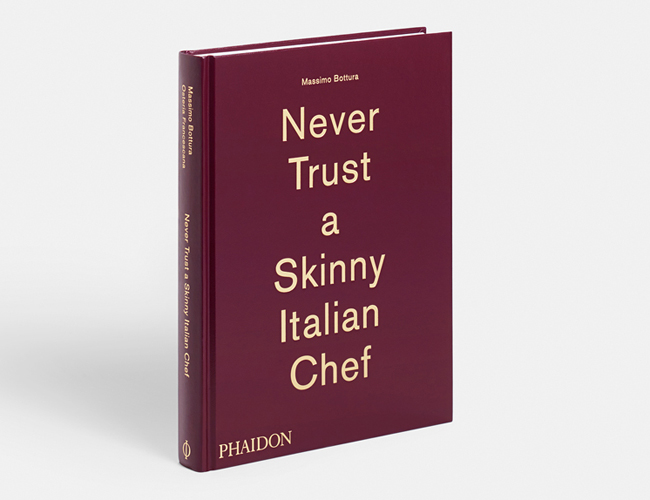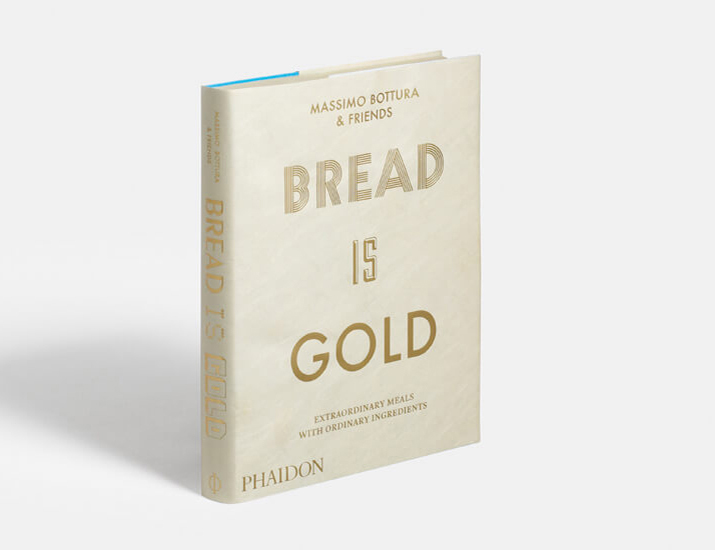
Massimo Bottura is the Pavarotti of Pasta, says 60 Minutes
The show traces his career from a first taste of tortellini under his grandma's table to becoming world’s best chef
Can you guess what early food experience inspired Massimo Bottura - the world's best chef - to set out on his steady rise to fame? Well, as the chef revealed to Lesley Stahl on last night’s 60 Minutes, it was a mouthful of raw tortellini.
In his high-profile interview on yesterday’s show, Massimo revealed that he believes his interest in gastronomy began when he was just six or seven, when he would hide under his grandmother’s kitchen table and snaffle uncooked pieces of tortellini as his nonna made them.
“From a mouthful of raw tortellini you can understand a lot,” he told Stahl, in the in-depth profile, filmed in Massimo’s hometown of Modena, northern Italy.
However, Bottura’s route from his grandmother’s table to the top of The World’s 50 Best Restaurants list was not without a few unfortunate diversions. The very dish that inspired the young Bottura nearly led to his downfall.
The chef also told the 60 Minutes audience that, when he tried to update tortellini back in the nineties, serving just six pieces in a broth-like gel as one of the more challenging dishes at his restaurant Osteria Francescana, the most important local food critic in Modena was not impressed. “The review was like, "please don't go there," he recalled.
Nevertheless, he persisted, drawing on the deconstructive approach of his mentors, such as Ferran Adrià, as well as serendipitous kitchen mishaps. In the show, Bottura recalls the time his pastry chef Kondo ‘Taka’ Takahiko, dropped one of two exquisitely crafted lemon tarts.
“Taka was like ready to kill himself,” Bottura recalls. “I said, "Taka! Taka, no! Please, no. Look at that. That lemon tart is so beautiful that we have to serve the second one exactly as the first one.”" This led to one of Osteria Francescana’s signature dishes, Oops I Dropped the Lemon Tart, which Stahl likens to a "Jackson Pollack on a plate.” At another point in the show she compares Massimo himself to another of Modena’s famous sons, Luciano Pavarotti.
The show didn’t only dwell on Bottura’s fine dining successes, but also his philanthropic work, opening his refettorios, “souped up soup kitchens” as 60 Minutes styled them. Regular Phaidon.com readers will know how these turn unwanted ingredients into healthy tasty meals, which Bottura and his team serve to the poor in Italy, London, Paris and Rio, in upmarket restaurant-style settings.
His impetus to start the refettorios lay not just in the nourishment and dignity a simple restaurant meal affords everybody, but also in the shameful amount of unused produce wasted in the food industry.
“Thirty three percent of the world's production is wasted every year,” Bottura told Stahl. “1.3 billion tons of food is wasted every year. Think about one trillion apples going in the garbage. Think about how many apple pies you could create with those trillions. That's insane!”
And now, thanks to our Modena moderniser, those numbers are slowly but surely becoming just a fraction less insane.
Want to know more about this engaging, important and incredibly driven chef, his philanthropy and his food? Then take a look in the store at Massimo's two great Phaidon books Bread Is Gold and Never Trust A Skinny Italian Chef.

